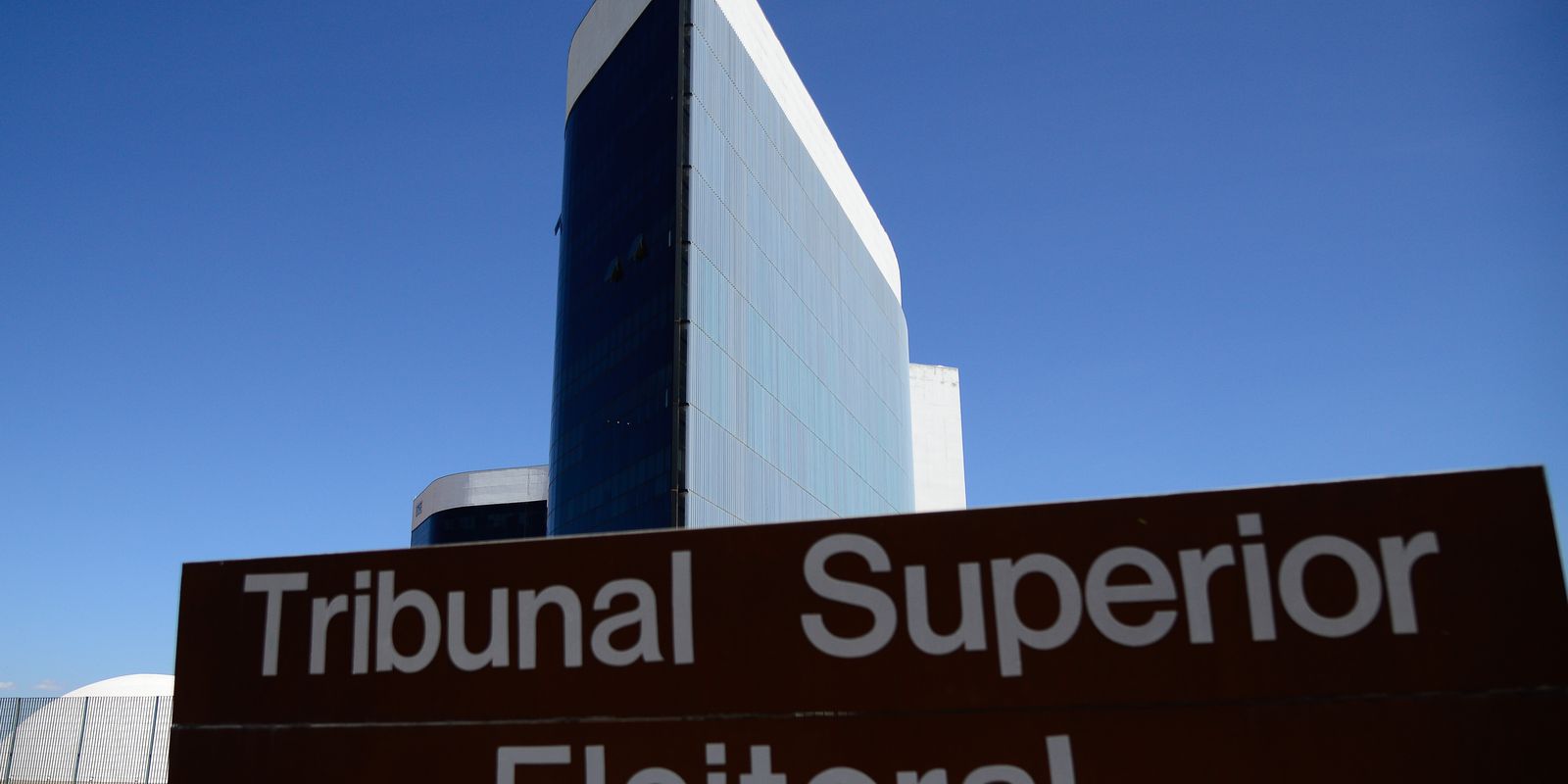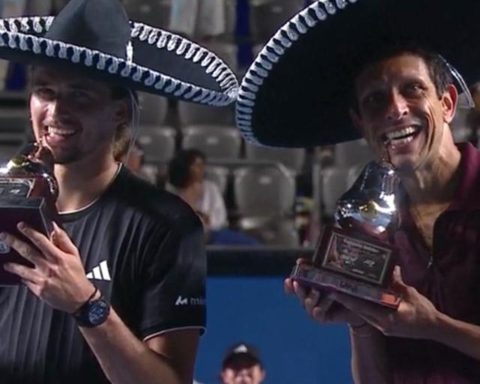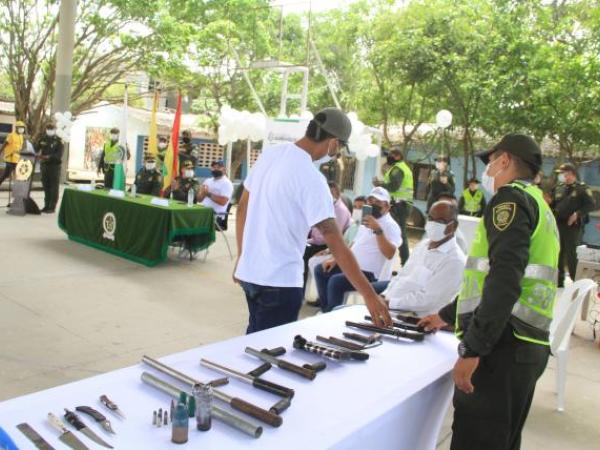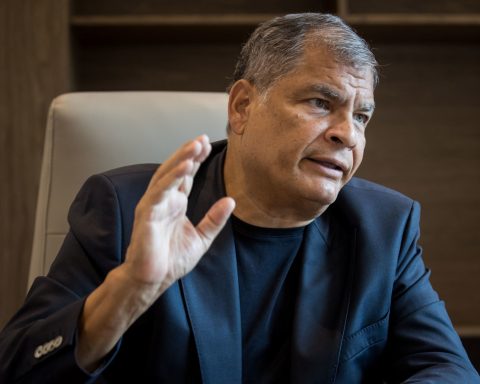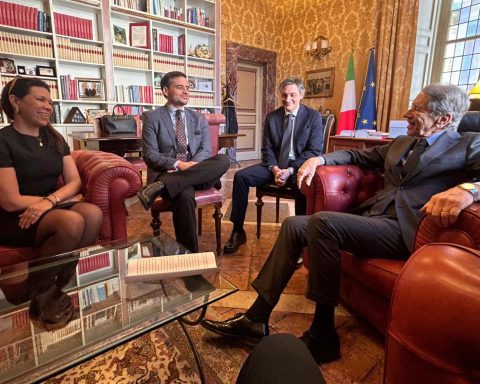Ministers of the Superior Electoral Court (TSE) endorsed, today (15), three decisions by Minister Maria Claudia Bucchianeri, establishing the legal understanding that media outlets have the autonomy to establish the rules for interviews with candidates for elective positions.
Two of Minister Maria Cláudia’s decisions were motivated by requests from the candidate for the presidency of the Republic Soraya Thronicke (União Brasil), who requested that TV Globo and Record broadcasters be obliged to interview other candidates for the presidency of the Republic in addition to the first four placed in the polls for voting intentions.
Soraya accused the broadcasters of treating those running for president unequally because they invited only the four candidates to be interviewed in prime-time polls to be interviewed in the polls.
The minister also denied a request for an injunction made by the Brasil da Esperança coalition, which was demanding that the order of the interviews on TV Record, next week, be defined by drawing lots. The coalition is made up of PT, PV, PCdob, PSOL, REDE, PSB, Solidariedade, Avante, Agir and Pros.
For the coalition, its candidate, Luiz Inácio Lula da Silva, will be harmed by being interviewed on a Friday, when the television audience tends to be smaller. This is why the applicants asked the TSE to force the order of the interviews to be drawn by lot.
At this Thursday’s session, the ministers present unanimously decided to maintain the three decisions of Maria Cláudia Bucchianeri, endorsing the interpretation of the minister, for whom the legal criteria that apply to the holding of electoral debates do not automatically extend to individual interviews. , which do not have specific rules in the legislation.
“The criterion is objective, it is impersonal, it does not denote any arbitrary direction or breach of impersonality”, said the minister, noting that she has not identified evidence that TV stations have treated some candidates in a privileged way or violated the equality conditions of the contest for the electorate’s preference. For the minister, the Judiciary should only interfere in the editorial line of broadcasters in a very exceptional way.
